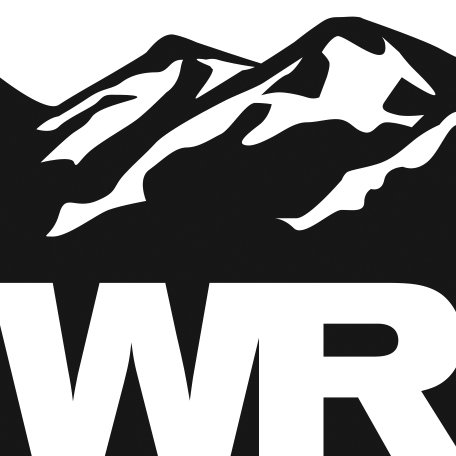Introduction:
Welcome to the Wallowa Resources Podcast!
Episode 4:
Investing in Our Future: the HAWK Internship Program
The field of natural resources is incredibly varied. You could be a botanist, forester, ecologist, biologist, hydrologist… the possibilities are endless! But the problem is, most of these jobs aren’t as familiar as others. When a young person is thinking about their future post high school, careers in things like rangeland management or wildlife research are not always considered simply because they’re unknown. Here at Wallowa Resources, we seek to share the world of natural resources with interested high school students every year. In this episode, we cover how WR’s High School HAWK Internship is helping our local youth explore different career paths in natural resources, while building critical job skills and confidence along the way. And by chatting with two of our 2021 interns, Storm Lynch and Rosie Movich-Fields, we’ll get a firsthand perspective of what it’s like to go through a summer in the HAWK program.
From left to right: HAWK Interns Rosie Movich-Fields, Brianna Fairchild, and Storm Lynch as they build a beaver dam analog at a river restoration site.
Episode 3:
Back to Our Roots: The Legacy of Micro Hydropower in Northeast Oregon
Wallowa County, a remote and rural community in Northeast Oregon, has a long history of independent power production. As early as 1900, micro hydropower plants were installed in each of the county’s four largest towns. The people relied solely on these small hydro plants until 1953, when a strange series of events led to Bonneville Power Administration (BPA) becoming the primary provider in the area.
Vern and Marti Spaur, two Wallowa County residents, are continuing a tradition of independence. Vern and Marti first moved to Wallowa County in the 80s to start a sheep ranch in the lower valley. Over the years, they have also raised cattle and grown thousands of tons of hay. They now operate a mechanic shop that employs 7 people. What’s unique about Vern and Marti, is that they pay exactly $0 a month on electricity for their entire 160-acre property with multiple homes and a business. With an irrigation ditch running downhill through the ranch, the Spaur’s property is the perfect site for a micro hydropower plant. Over the years, Vern and Marti worked with Wallowa Resources, Energy Trust of Oregon, and USDA Rural Energy for America Program to install two micro hydro projects, offsetting a power bill that can run $1,000 a month, and donating all their extra generated energy to charity. In this episode, we explore renewable energy on a smaller scale. What does it actually take to install and operate a micro hydropower plant, and how does micro hydro impact our environment and community?
Vern and Marti Spaur, Spaur Ranch, Wallowa, Oregon
Episode 2:
What is Wallowa Resources?
In this episode, we explore a seemingly simple question that, turns out, has a rather complicated answer. What is Wallowa Resources? In order to understand the core values of our organization, we have to go back to the beginning. Wallowa Resources was founded in the backroom of a bakery in 1996. At that time, our rural community was in crisis. Due to changes in timber harvest laws, our county’s sawmills shut down and 20% of the workforce lost their jobs. A group of folks began meeting once a week to try and come up with a solution. How can we ensure that displaced forest and mill workers find new, meaningful, and rewarding work? How do we prevent families from leaving the county? What can we do to save our schools and hospital? These were just a few of the challenges that lay before what became the inaugural board of our organization. By speaking with our past and present directors, Diane Daggett and Nils Christoffersen respectively, and our longest sitting board members, Mike Hayward and Larry Nall, we share the story of our genesis. What was the vision of Wallowa Resources and how has that vision changed in the past 25 years?
Wallowa Resources began in the back of the Cloud 9 Bakery in Enterprise.
Episode 1:
Wild Fish in Wild Places
Happy World Fish Migration Day! In celebration, we would like to share with you a story we recorded back in February of 2020 that explores the importance of salmon and steelhead, as well as the joys of fly fishing. Salmon are so important, environmentally, culturally, and economically to the people of the Pacific Northwest. This story sheds some light on the struggles salmon are facing, and why we should do what we can to help them.
Wild Male Steelhead, caught and released in Wallowa County
Our Host and Producer, Emily Bratcher
Emily, Youth Education Coordinator at Wallowa Resources, grew up in Western Oregon. She fell in love with Wallowa County at an early age, and moved to Enterprise permanently in 2016, working as a fish biologist for the state. In 2019, she left fisheries to earn her master’s in Environmental Education and Science Communication from the University of Idaho. Emily has always loved podcasts as a storytelling medium, and it was in her grad program that she first learned to make them. In her free time, Emily enjoys fly fishing, backpacking, white water rafting, traveling, and being outside with her dog.














